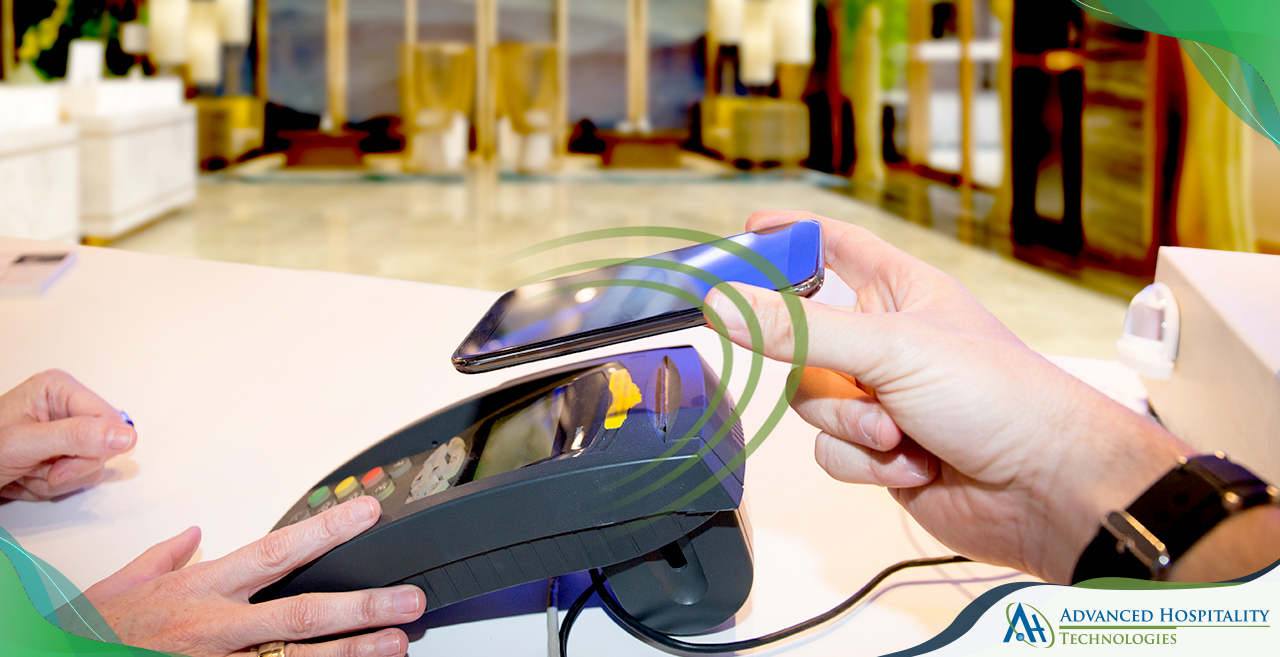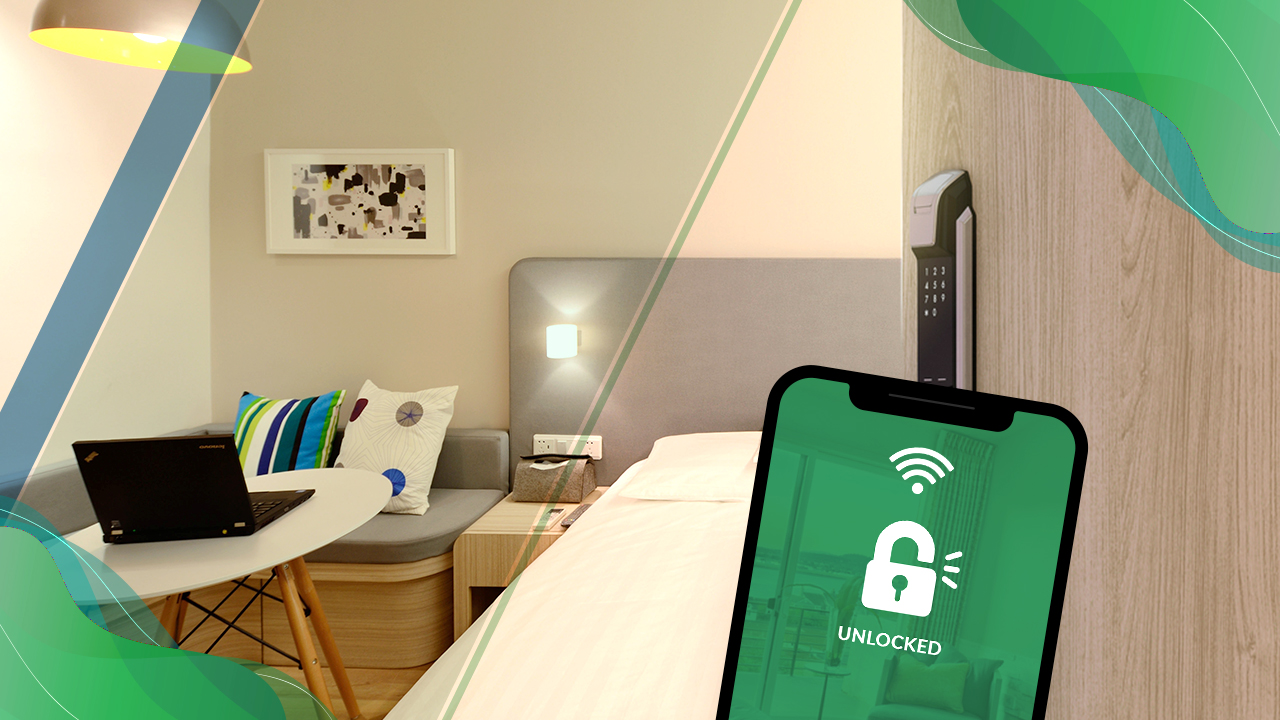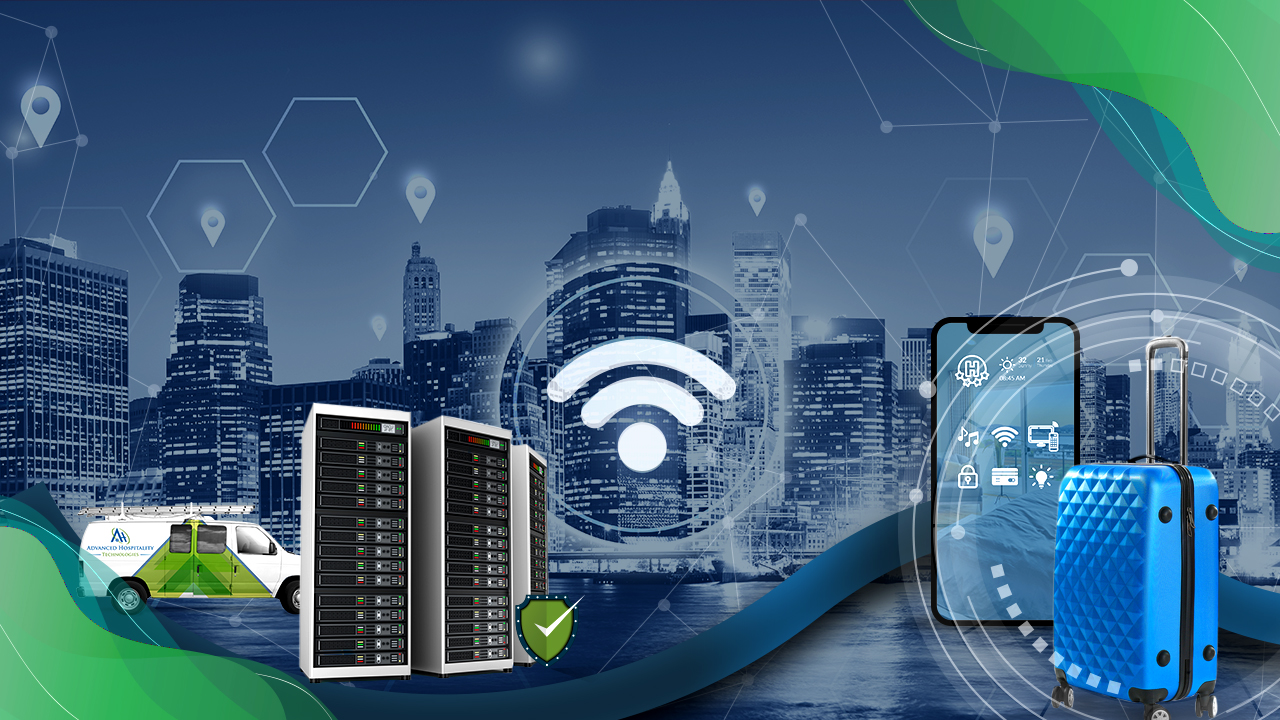Introduction
In an era where data breaches and financial fraud are increasingly common, the hospitality industry faces a critical challenge: ensuring secure payments processing while providing a seamless guest experience. As a hospitality professional, understanding and implementing robust secure payment systems is no longer optional—it’s a necessity for protecting your guests and your business. This blog post explores the future trends in secure payment technologies that are set to revolutionize the way hotels handle transactions and safeguard guest payment information.
The Importance of Secure Payments in Hospitality
Before diving into the specifics, it’s crucial to understand why secure payments are paramount in the hospitality sector. Hotels handle vast amounts of sensitive financial data daily, making them prime targets for cybercriminals. Implementing state-of-the-art secure payment systems not only protects your guests’ financial information but also builds trust, enhances your reputation, and ensures compliance with industry regulations. Let’s explore the technologies that are shaping the future of secure payments in hospitality.
Blockchain: The New Frontier in Payment Security
Blockchain technology is emerging as a game-changer in secure payment processing. This decentralized ledger system offers unprecedented levels of security and transparency for financial transactions. For hospitality professionals, blockchain presents several advantages:
- Enhanced Security: The encrypted nature of blockchain makes it extremely difficult for hackers to tamper with transaction data.
- Transparency: All transactions are recorded in a public ledger, allowing for easy verification and auditing.
- Fraud Reduction: The decentralized structure of blockchain eliminates single points of failure, significantly reducing the risk of large-scale fraud.
By adopting blockchain-based payment systems, hotels can offer their guests a new level of payment protection while streamlining their own financial operations.
Tokenization: Safeguarding Sensitive Data
Tokenization is another critical technology in the arsenal of secure payment solutions. This process replaces sensitive payment information with unique, randomly generated tokens. For the hospitality industry, tokenization offers several benefits:
- Data Protection: Even if a hotel’s system is breached, the stolen tokens are useless to hackers.
- Compliance: Tokenization helps hotels meet stringent payment card industry (PCI) compliance standards.
- Reduced Liability: By not storing actual credit card data, hotels can significantly reduce their liability in case of a data breach.
Implementing tokenization can drastically improve a hotel’s secure payment infrastructure, providing peace of mind to both guests and management.
Biometric Authentication: The Personal Touch in Payment Security
Biometric authentication is revolutionizing the way guests verify their identity for payments. By using unique biological characteristics like fingerprints or facial features, hotels can offer a highly secure and convenient payment experience. The benefits of biometric authentication include:
- Enhanced Security: Biometric data is extremely difficult to replicate, making it one of the most secure forms of authentication.
- Convenience: Guests can make payments quickly without the need for physical cards or remembering PINs.
- Personalization: Biometric systems can be integrated with hotel services to offer a more personalized guest experience.
As biometric technology becomes more widespread, it’s poised to become a standard feature in hotel payment systems, offering unparalleled guest payment protection.
Contactless Payments: Security Meets Convenience
The rise of contactless payment technologies, accelerated by recent global events, has transformed the payment landscape in hospitality. Near Field Communication (NFC) allows guests to make secure payments with a simple tap of their card or smartphone. The advantages of contactless payments include:
- Hygiene: Reduced physical contact during transactions, which is crucial in today’s health-conscious environment.
- Speed: Faster transaction times lead to improved guest satisfaction and operational efficiency.
- Security: Contactless payments use advanced encryption methods to protect transaction data.
By embracing contactless payment solutions, hotels can offer a secure payment option that aligns with guests’ expectations for convenience and safety.
AI and Machine Learning: The Intelligent Approach to Payment Security
Artificial Intelligence (AI) and Machine Learning (ML) are at the forefront of fraud detection and prevention in secure payment systems. These technologies can analyze vast amounts of transaction data in real-time, identifying and flagging suspicious activities before they become problematic. For hotels, the benefits include:
- Real-time Fraud Detection: AI can identify potentially fraudulent transactions instantly, allowing for immediate action.
- Adaptive Security: ML algorithms learn from each transaction, continuously improving their ability to detect fraud.
- Operational Efficiency: Automated fraud detection reduces the workload on staff and minimizes false positives.
Integrating AI and ML into payment systems provides an additional layer of security that evolves with new threats, ensuring long-term guest payment protection.
Cryptocurrency: The New Player in Secure Payments
While still in its early stages in the hospitality industry, cryptocurrency is gaining traction as a secure payment option. Built on blockchain technology, cryptocurrencies offer a unique set of advantages:
- Enhanced Security: The decentralized nature of cryptocurrencies makes them highly resistant to fraud and hacking.
- Lower Fees: Cryptocurrency transactions often incur lower fees compared to traditional payment methods.
- Global Accessibility: Cryptocurrencies can facilitate easier international transactions, appealing to a global clientele.
As the adoption of cryptocurrencies grows, hotels that offer this payment option may gain a competitive edge while providing guests with an additional secure payment choice.
Conclusion: Embracing the Future of Secure Payments
The landscape of secure payments in the hospitality industry is rapidly evolving, driven by technological advancements and changing guest expectations. As a hospitality professional, staying ahead of these trends is crucial for protecting your guests’ financial information and maintaining their trust. By implementing technologies like blockchain, tokenization, biometric authentication, and AI-driven fraud detection, you can create a robust secure payment ecosystem that safeguards both your guests and your business.
Remember, the goal is not just to meet current standards of guest payment protection, but to anticipate and prepare for future challenges. Investing in secure payment technologies today will position your hotel as a leader in guest security, enhancing your reputation and fostering long-term guest loyalty.
As you navigate this complex landscape, consider partnering with payment security experts who can guide you in implementing these technologies effectively. The future of hospitality lies in creating seamless, secure experiences for guests, and that future starts with how you handle their payments.




